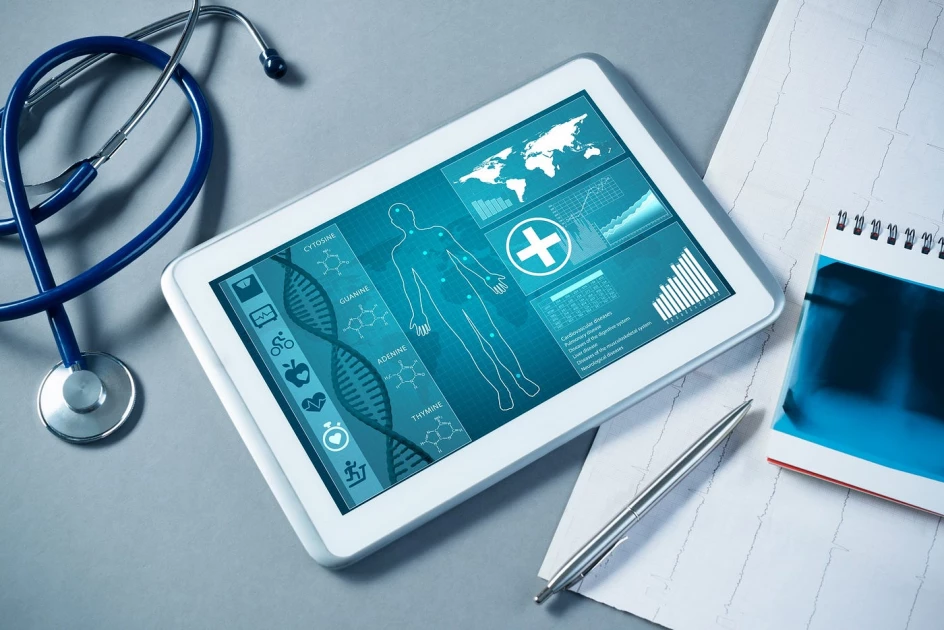Outdated technology hurting Kenya’s healthcare - report


Audio By Vocalize
A new report by global technology company Epson shows that inefficiencies in technological support, such as outdated printers are contributing to significant productivity losses in hospitals and clinics.
The research, which was conducted across Africa, the Middle East, and Europe, surveyed 3,400 healthcare professionals, including doctors and nurses, who regularly face patients.
According to the findings, 79% of Kenyan healthcare workers reported wasting substantial time due to inadequate printers, with nearly 95% noting that these delays negatively impact key functions such as sharing information, updating patient records, and scheduling appointments.
The problem is not just one of lost time; it affects patient care directly. According to Mukesh Bector, Regional Head for East and West Africa at Epson, “Healthcare workers lose approximately five million working days each year due to inadequate printing technology. This inefficiency strains systems already facing significant challenges." He remarked that addressing these technology gaps could lead to better patient outcomes.
The population surveyed expressed a strong demand for better solutions. The survey shows that 89% of healthcare workers are calling for improved IT support to reduce wasted time, and 90% of Kenyan respondents believe investing in more efficient printing technology.
The environmental footprint of outdated printers is also a significant concern for healthcare professionals. Around 80% of the surveyed participants across the regions expressed personal worries about the sustainability of non-eco-friendly printers, while 75% of Kenyan healthcare workers emphasized its importance to their organizations.
Dr. Lucy Mutara, CEO of Astradental Services Ltd in Nairobi, explained how her clinic has adopted modern printing technology, that consumes less energy and reduces CO2 emissions.
“Patient wait times in hospitals and clinics are the number one complaint in patient feedback," she noted. "Delays often come from waiting for referral forms, laboratory requests, admission forms, and prescriptions. In hospitals, one minute means a lot to patients and doctors."
James Osborne from Epson Europe urged healthcare leaders to take proactive measures. “It's crucial for healthcare leaders and IT managers to respond to these findings by upgrading their printing infrastructure to support better patient outcomes and operational efficiency,” he said.
According to the report, investing in efficient printing technology can make a substantial difference in daily operations and patient care. By adopting more advanced printing technology, healthcare facilities can reduce downtime, streamline workflows, and allow staff to concentrate on their primary role of caring for patients.


Leave a Comment